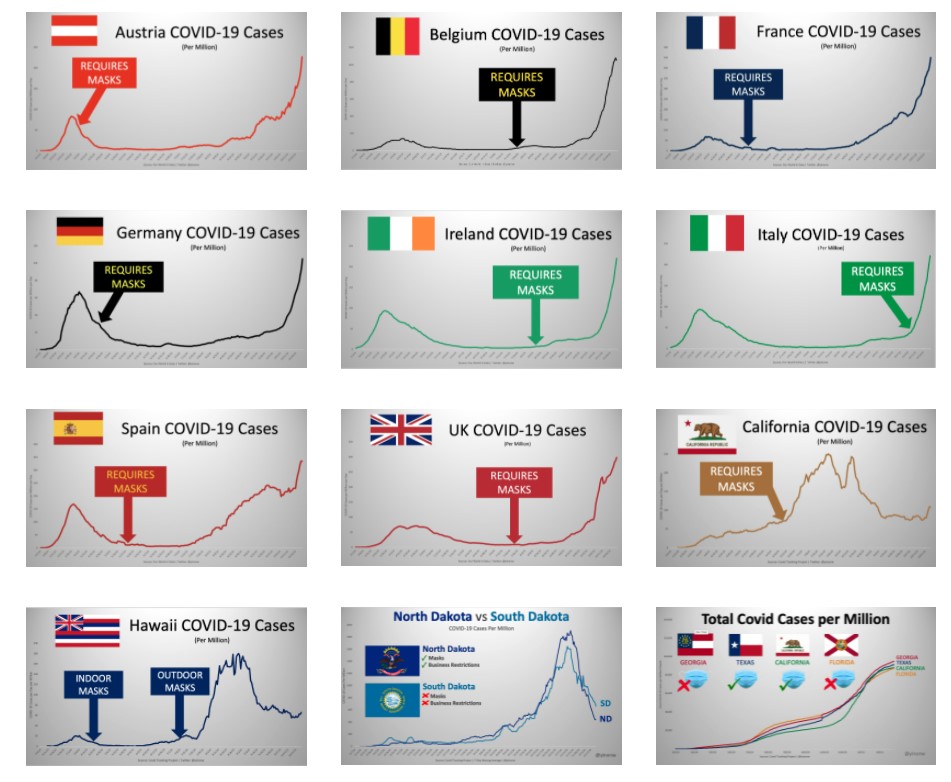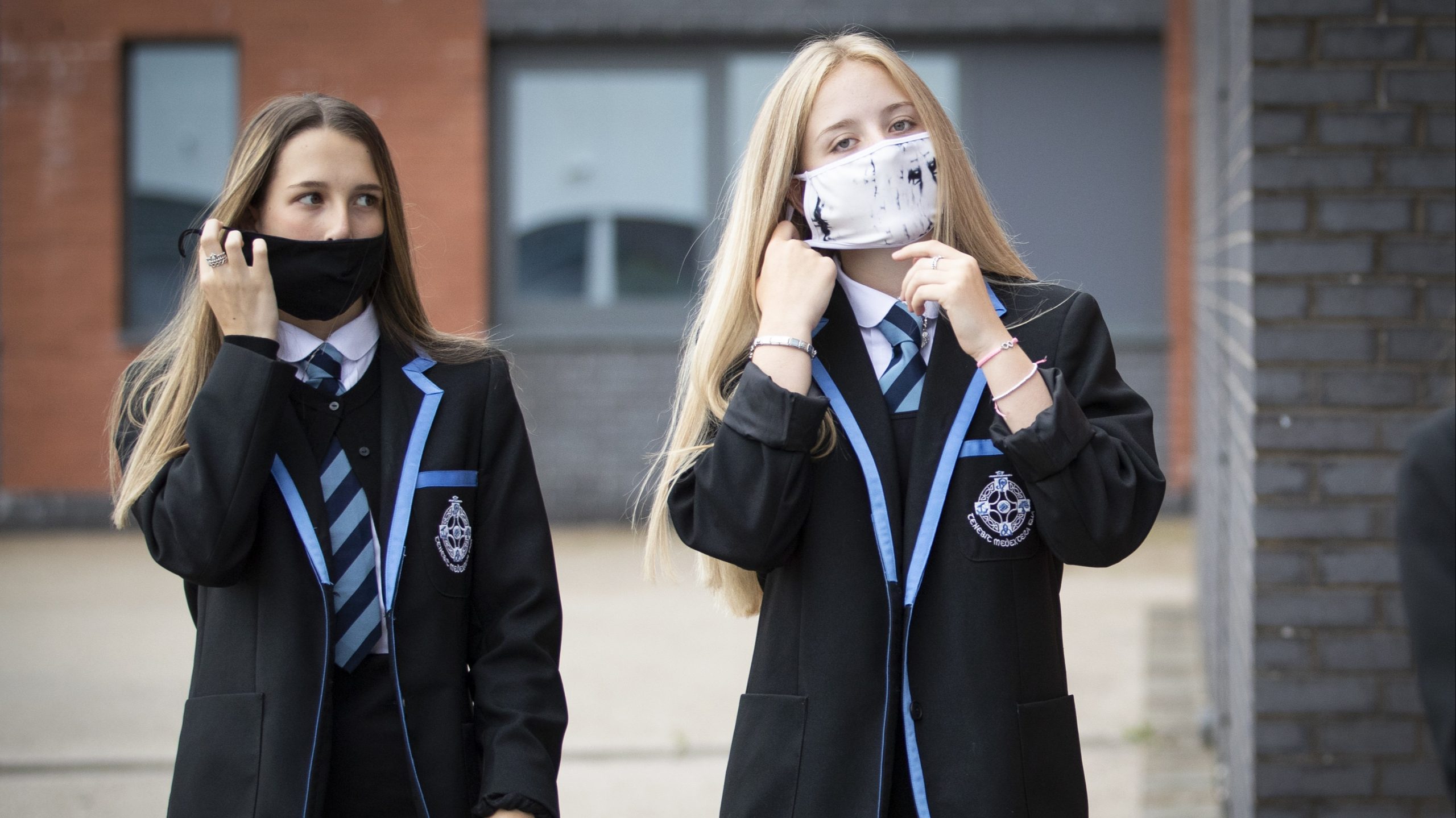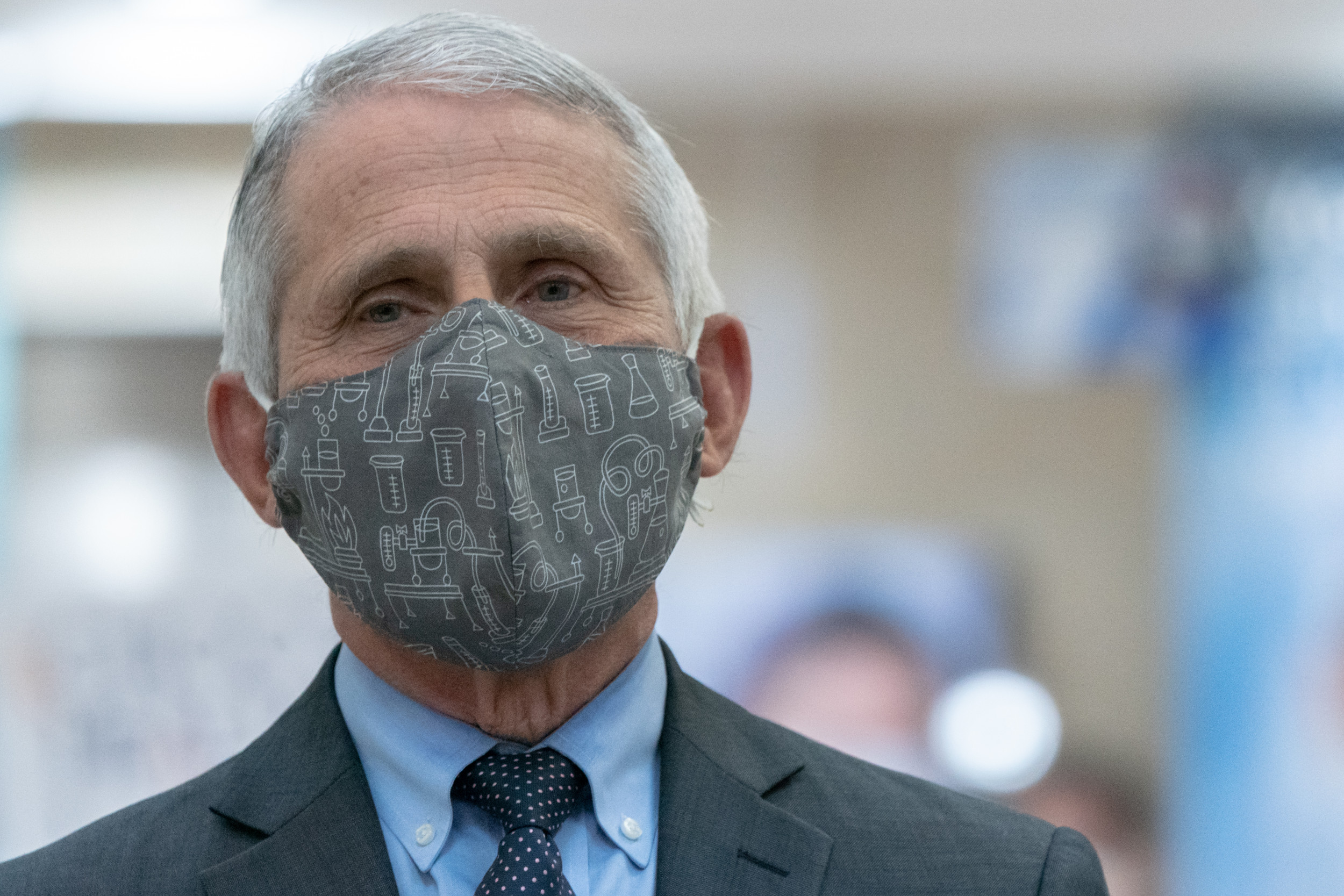The peer-reviewed study “Facemasks in the COVID-19 era: A health hypothesis” by Dr Baruch Vainshelboim has been retracted by the journal Medical Hypotheses on the instruction of the Editor-in-Chief.
The study argues that neither medical nor non-medical facemasks are effective in blocking transmission of viral and infectious disease such as SARS-CoV-2, and that in the long run they are likely to damage individual health.
The retraction notice reads:
This article has been retracted at the request of the Editor-in-Chief.
Medical Hypotheses serves as a forum for innovative and often disruptive ideas in medicine and related biomedical sciences. However, our strict editorial policy is that we do not publish misleading or inaccurate citations to advance any hypotheses.
The Editorial Committee concluded that the author’s hypothesis is misleading on the following basis:
1. A broader review of existing scientific evidence clearly shows that approved masks with correct certification, and worn in compliance with guidelines, are an effective prevention of COVID-19 transmission.
2. The manuscript misquotes and selectively cites published papers. References #16, 17, 25 and 26 are all misquoted.
3. Table 1. Physiological and Psychological Effects of Wearing Facemask and Their Potential Health Consequences, generated by the author. All data in the table is unverified, and there are several speculative statements.
4. The author submitted that he is currently affiliated to Stanford University, and VA Palo Alto Health Care System. However, both institutions have confirmed that Dr Vainshelboim ended his connection with them in 2016.
A subsequent internal investigation by the Editor-in-Chief and the Publisher have determined that this article was externally peer reviewed but not with our customary standards of rigour prior to publication. The journal has re-designed its editorial and review workflow to ensure that this will not happen again in future.
If there are errors in the paper, the question is why these were not picked up and addressed with the author prior to publication in the usual manner. If some were missed and subsequently came to light, the journal could have asked for revisions to the paper to address the criticisms. That it chose to retract it completely suggests the move is political (though the allegations of dishonesty in affiliations may have played a part). There is no indication in the notice of any correspondence with the author in the matter.
The strangest criticism is the first: “A broader review of existing scientific evidence clearly shows that approved masks with correct certification, and worn in compliance with guidelines, are an effective prevention of COVID-19 transmission.” This is just a restatement, without references, of mask orthodoxy. Given that Dr Vainshelboim had provided a wide range of references in his review of the evidence, a rebuttal should surely have come in the form of a similar rigorous academic exercise, marshalling further evidence, not a bald 28-word sentence about what the evidence “clearly shows”. This is not the way robust academic research happens or science advances. The editors could have published a response, or another study drawing on further evidence that comes to a different conclusion. That they instead retract the article on account of criticisms from unnamed correspondents, drawing on unspecified evidence, is a disgraceful way to treat peer-reviewed scientific research and the scientists who produce it.
What exactly is this uncited evidence that “clearly shows” masks reduce transmission? Certainly not the only randomised controlled trial, Danmask-19, which found no significant protection for the wearers of surgical masks. And certainly not the real-world evidence comparing countries or states with mask mandates to those without.

Last week I noted a peer-reviewed study that claimed surgical masks filter out 95-99% of aerosol droplets. Yet the two papers it cited to back up this claim said nothing of the sort, with one concluding: “None of these surgical masks exhibited adequate filter performance and facial fit characteristics to be considered respiratory protection devices.” Perhaps this paper should be retracted as well for misquoting the studies it cites?
What about SAGE? What evidence do they draw on in their advice to the Government which underpins the UK mask mandates, including in schools?
It is a little known fact that SAGE admitted in January that masks give no protection to the wearer. As for protecting others, they cite a study which suggests masks prevent 6-15% of transmission. That’s all – a marginal amount. And that’s the official “Science” from the Government’s own advisers. A sceptical take would look at the real-world evidence from winter surges despite mask mandates and suspect that even 6% was too high.
One independent researcher wrote about SAGE’s evidence previously for Lockdown Sceptics:
SAGE released a document in January prepared by a sub-committee, which it endorsed, saying that masks were primarily a source control (cloth and surgical masks are thought to offer the wearer little protection) and citing an estimate for their typical impact on transmission of 6-15% (possibly as high as 45%).
That document says in relation to source control: “Analysis of regional level data in several countries suggest this impact is typically around 6-15% (Cowling and Leung, 2020, Public Health England 2021) but could be as high as 45% (Mitze et al., 2020).”
A 6-15% reduction seems to be a lot lower than NERVTAG, SAGE and the Government have previously suggested – barely relevant. Moreover, the Cowling & Leung paper says: “While most research on face masks has involved surgical type face masks, it should be presumed that reusable cloth masks could provide similar benefits if they have a sufficient number of layers and preferably a filter.” So the 6-15% estimate seems to be for surgical masks. Cloth masks in reality usually have few layers (maybe only one) and no filter. So their effect is likely smaller still.
The Cowling & Leung paper is here. It is an editorial not a research paper in its own right.
The 6-15% estimate actually comes from a December 2020 review paper by Brainard et al.
They say: “Conclusion: Wearing face masks may reduce primary respiratory infection risk, probably by 6-15%. It is important to balance evidence from RCTs and observational studies when their conclusions widely differ and both are at risk of significant bias. COVID-19-specific studies are required.” They also say “The environmental and economic costs of regularly using face masks are notable, and only partly abated by reuse.”
Not exactly strong support for wearing masks!
If there is evidence which “clearly shows” masks work then perhaps the Editor-in-Chief of Medical Hypotheses would be kind enough to publish a review of it, in the traditional fashion, so we can all benefit from it. While he’s at it, he might let SAGE have a copy, as they seem not to be aware of it either. But could that be because it doesn’t exist?













To join in with the discussion please make a donation to The Daily Sceptic.
Profanity and abuse will be removed and may lead to a permanent ban.